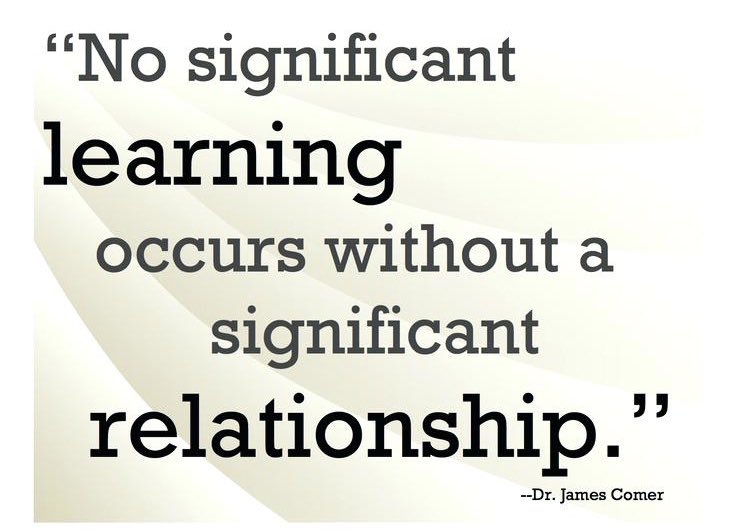Restorative Practice

What is Restorative Practice?
Relationships are at the heart of Restorative Practice. Everyone - children and adults - need to feel that they are valued, that they are cared about and that they belong.
"Every day, in lots of different ways, our students ask: do I matter to you, do you notice me, do I belong here?" Mark Finnis, author of 'Restorative Practice'
Restorative Practice puts creating and strengthening the ties of human connection as its number one goal. It is all about how people relate to each other and understand each other's viewpoint. When the focus is on building better relationships with each other, every member of a school community can feel listened to, valued and respected.
Through Restorative Practice, children can develop the skills to maintain positive relationships with others to resolve disagreements and problems for themselves. They are better able to see how their behaviour affects others and its impact on others. Pupils are supported to identify ways they can repair relationships; they can become more empathetic, considerate people who have the skills to resolve problems independently.
This is done through the words and actions we use when helping children resolve conflict and how we model this through our own connection with them and with others. A Restorative School is a community that is supportive, accountable and respectful.
Why Restorative Practice?
The ultimate goal in adopting a Restorative Practice approach is to inspire communities to feel able to shape their own futures. This is aimed at providing them with the confidence to resolve their own problems and generate their own values.
In the classroom, norms and expectations that put relationships and belonging at the heart of things are vital for making sure that everyone is on the same page about how to treat each other in an academic space. When children have a say in compiling these expectations, the result is even more powerful.
Restorative Practice isn't about replacing traditional behaviour management systems, nor is it about turning a blind eye to poor behaviour. Instead, it is about elevating the culture of a inclusive school, so people have a greater sense of belonging and a greater willingness to act in the right way for the right reasons.
"Restorative Practice has the bolder ambition of proactively developing the sense of community and seeking to increase the social capital between people and across the school and, from there, into the wider community." Mark Finnis
Restorative Conversations
A restorative conversation is split into 4 parts:
1) Behaviour
2) Impact
3) Needs
4) Requests
When we are speaking with children about behaviour, we seek to help children understand what the specific behaviour was, how this behaviour impacts others, what needs to happen next and how this can be achieved. Children then have a much clearer view of how their actions affect other people and therefore understand the reason behind needing to change their behaviour.
When children have had a disagreement, it is important that they understand how the problem came about, who is affected and how, and what can be done to resolve and repair the conflict. The 'Three Bubbles' diagram (see right) demonstrates the timeline of this process. The following questions are used to help children think about the problem more independently:
- What happened?
- What have your thoughts been since?
- What are your feelings?
- Who was affected and how were they affected?
- What are everyone's needs when it comes to what should happen next?
Restorative Practice has been developed by Mark Finnis, a Restorative Practice consultant with many years' experience working with schools, social services and local governments across the country.

Restorative Practice at Wickersley Northfield
At Wickersley Northfield Primary School, we are developing the below strategies:
- Check in and check out sessions
- 'Checking in' with children at the start of the week, building relationships, understanding emotions and what support children might need as a new week begins
- 'Checking out' with children at the end of the week, giving children a chance to reflect on any positives and negatives of their week and receive support or encouragement as needed
- Restorative circles
- Supportive group discussions to help resolve problems or conflict
- Allow everyone the opportunity for their thoughts and feelings to be heard
- Work together to repair relationships
- Restorative conversations
The 'Three Bubbles' Model:











